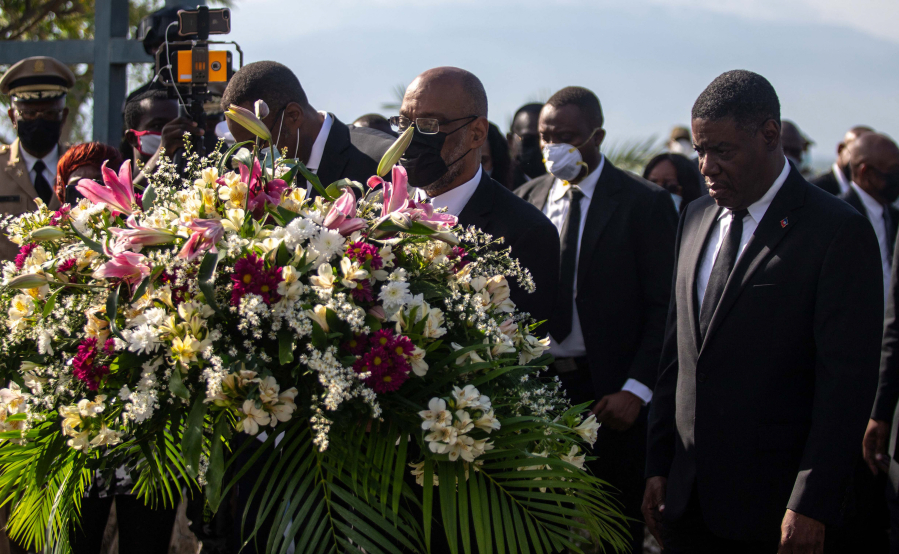Haitians in Haiti and their supporters across the U.S. commemorated the Caribbean nation’s catastrophic 2010 earthquake Wednesday, marking the 12th anniversary of the devastation with sadness and reflection.
“In the immediate aftermath, an outpouring of support flowed to Haiti from across the U.S. and around the globe to aid survivors and rebuild the nation,” said U.S. Rep. Frederica Wilson, D-Fla., who represents one of the largest Haitian American communities in the United States. “Still, 12 years later, much more needs to be done if Haiti is to ever rebuild and become self-sufficient.”
The magnitude 7 quake killed 316,000 and left 1.5 million homeless, according to Haitian government figures. Another 1.5 million people suffered injuries.
Despite billions of dollars in promised aid, the rebuilding still has not taken root and promises remained unfulfilled. Haiti is in many ways worse off today than it was on the day the ground shook and nearly destroyed the capital, Port-au-Prince.



